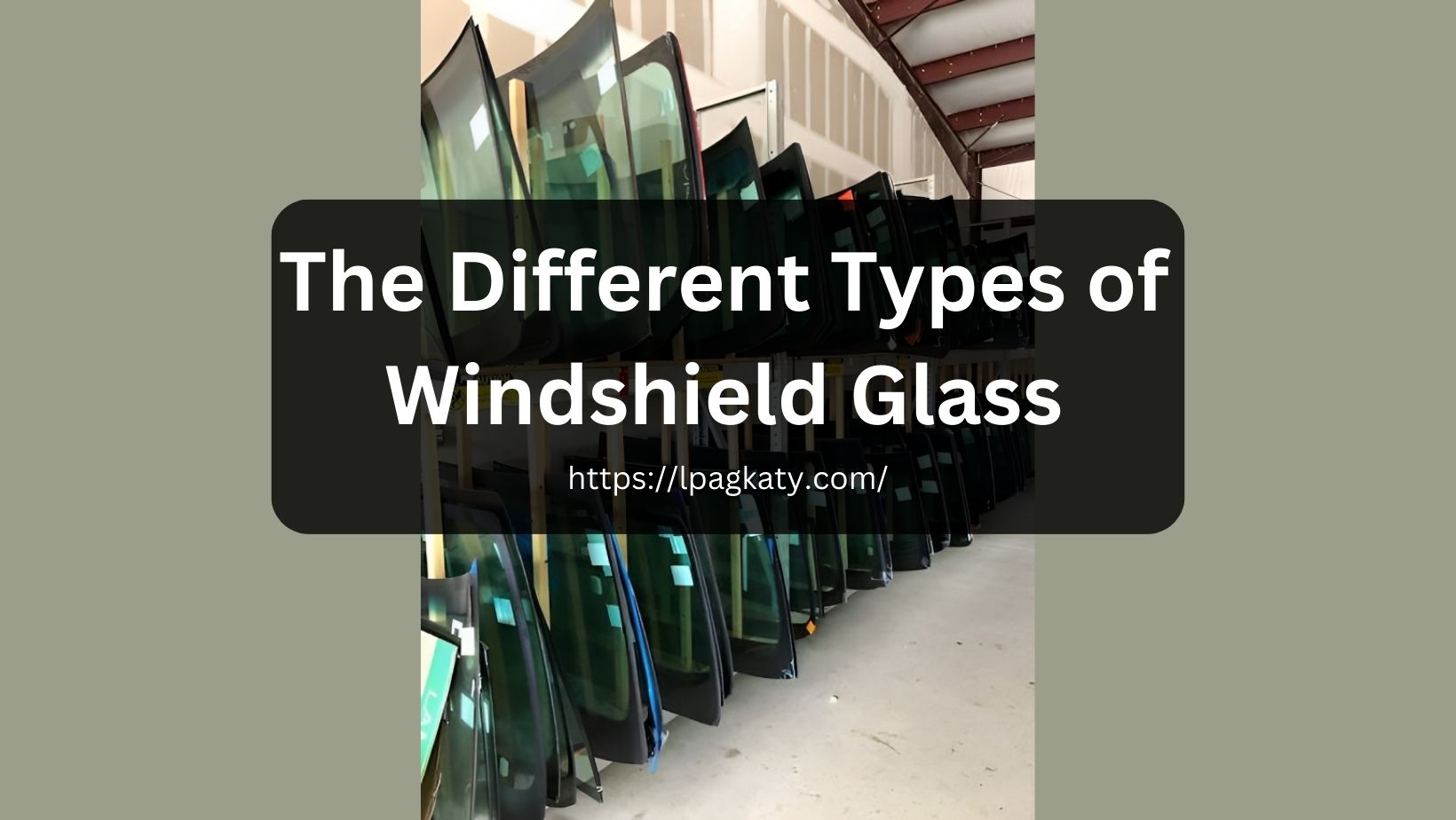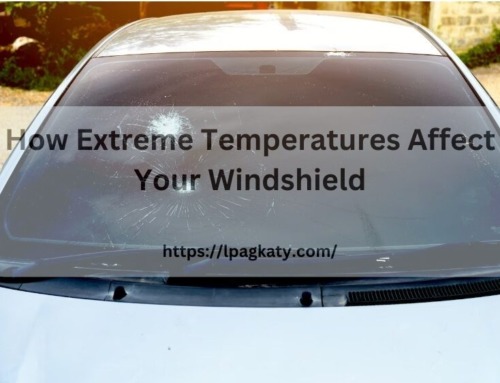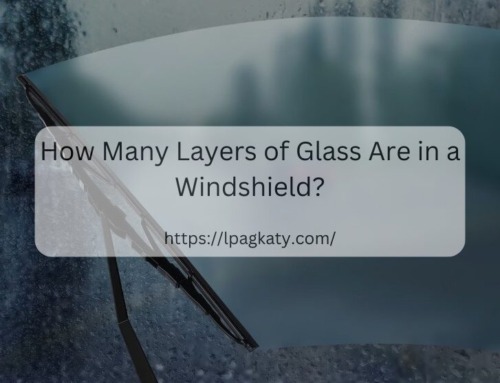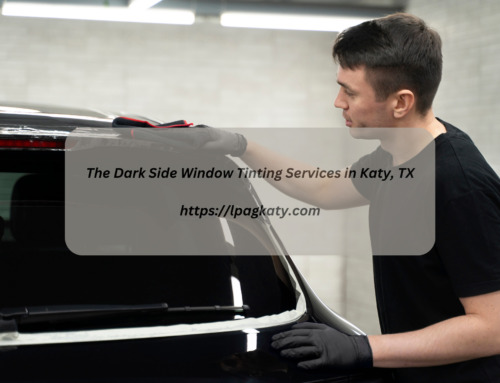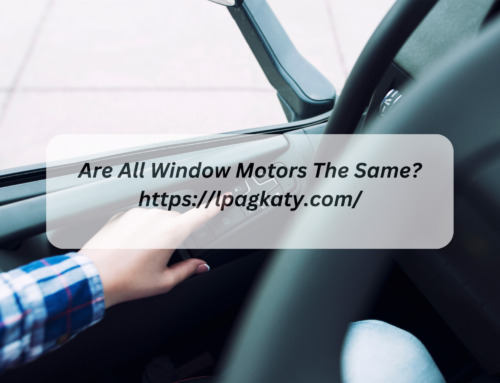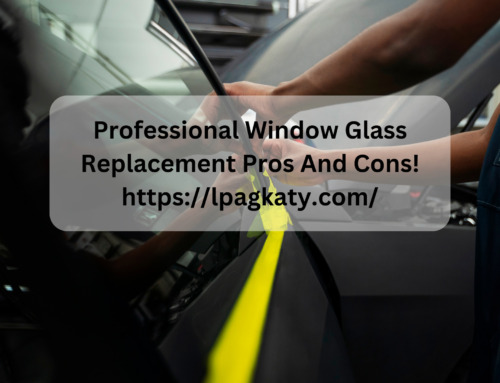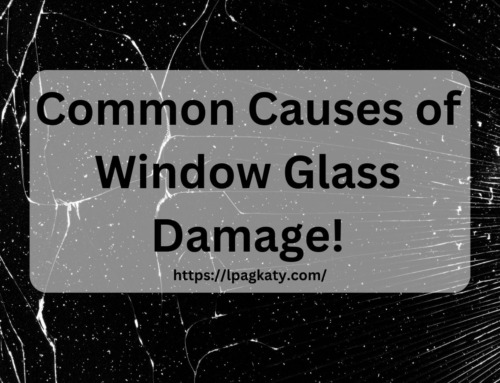When it comes to windshield replacement or repairs, your options are dealer glass, Original Equipment Manufacturer (OEM) glass, or aftermarket glass. Understanding the distinctions between each type is crucial before choosing because each has unique traits and factors to take into account. This blog post will discuss the characteristics of each kind and how they affect things like windshield safety enhancement, insurance claims, warranty coverage, stopping additional damage, and vehicle resale value.
Dealer Glass-The Original Equipment:
If you choose dealer glass, you can be sure that your car will have the same kind of glass that it came with off the assembly line. This indicates that the glass satisfies the manufacturer’s initial requirements. The performance or quality of the glass remains unaffected by its brand.
Dealer glass helps preserve the vehicle’s originality, which is one of its main benefits, particularly for vintage or collector cars. When it comes to maintaining the originality of your car, using dealer glass guarantees that the replacement or repair complies with the manufacturer’s specifications. Maintaining the vehicle’s value and appeal to potential buyers can be particularly dependent on the dealer’s glass.
OEM Glass-Certified Genuine Manufacturer Parts:
You will get the same degree of performance and quality from OEM glass as you would from dealer glass. Since OEM glass complies with the manufacturer’s original specifications, it is practically the same as dealer glass.
Although the brand of glass used in OEM replacements may be different from the original, this has no bearing on the compatibility or functionality of the product. The most important thing is that OEM glass satisfies the strict requirements set by the manufacturer, guaranteeing optimal windshield performance, increased safety, and improved visibility. OEM glass is frequently regarded as being on par with dealer glass in terms of insurance claims and warranty coverage.
Aftermarket Glass-Cost-Effective Alternatives:
In contrast, businesses that work closely with automakers produce dealer and OEM glass, aftermarket glass. Businesses that work closely with automakers ensure that they produce aftermarket glass, which is not considered original equipment, to dealer or OEM specifications with precision. This indicates that the thickness, high-quality materials, and warranty coverage are comparable.
The affordability of aftermarket glass is one of its main benefits. It is often more affordable than OEM or dealer glass, which makes it a desirable choice for budget-conscious consumers. While aftermarket glass may not have the same brand recognition as a dealer or OEM glass, it still meets the necessary safety standards and guarantees long-term durability.
Factors to Consider-Insurance Claims, Warranty Coverage, and Resale Value:
When selecting the kind of windshield glass in your automobile, there are a few things to think about. These consist of warranty coverage, insurance claims assistance, and the car’s resale value.
-
Insurance Claims Assistance:
Make sure to review any specific guidelines or recommendations for the type of glass required when filing an insurance claim for windshield replacement or repair. While some insurance policies may accept aftermarket glass, others may have clauses that favor dealer or OEM glass. Knowing what your insurance covers will enable you to make an informed choice and avoid any possible problems with filing a claim.
-
Warranty Coverage:
Another aspect to consider is the warranty coverage provided by the glass manufacturer or installer. Dealer and OEM glass often come with warranties that protect against defects or workmanship issues.
-
Preventing Further Damage:
Choosing a high-quality windshield glass is crucial for preventing further damage to your vehicle. Inferior glass may be more susceptible to cracks, chips, or shattering, especially in adverse weather conditions or accidents.
-
Vehicle Resale Value:
The sort of windshield glass you select also can affect your vehicle resale value. Buyers frequently search for vehicles with original or producer-permitted elements, as they provide a feel of reliability and authenticity. Using dealer or OEM glass for replacements or repairs can help maintain the vehicle’s value and make it more appealing to potential buyers.
-
Windshield Safety Standards:
Windshield safety standards are set by regulatory bodies to ensure the structural integrity and performance of automotive glass. The standards require both dealer and OEM glass to be compatible with the specific vehicle model. Aftermarket glass, while manufactured to similar specifications, may not have gone through the same rigorous testing and certification processes.
Conclusion:
In conclusion, dealer glass, OEM (Original Equipment Manufacturer) Glass, and aftermarket glass are your three main options for windshield glass for your vehicle. Obtaining dealer glass directly from the vehicle guarantees its authenticity and uniqueness. Dealer-certified glass is inferior to OEM glass in terms of performance and quality. Although aftermarket glass is not regarded as original equipment, it offers a reasonably priced substitute without sacrificing long-term durability or safety.
Whether you prefer a more affordable option or aim to maintain the originality of your vehicle, understanding the distinctions between the different types of windshield glass is crucial. For dependable and cost-effective auto glass solutions, you can trust the low-price auto glass company to assist you in evaluating your choices.
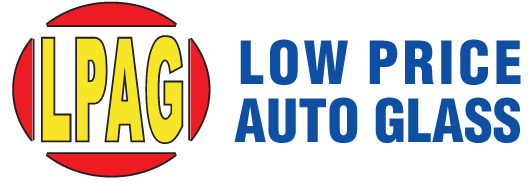
 (832) 919-8884
(832) 919-8884